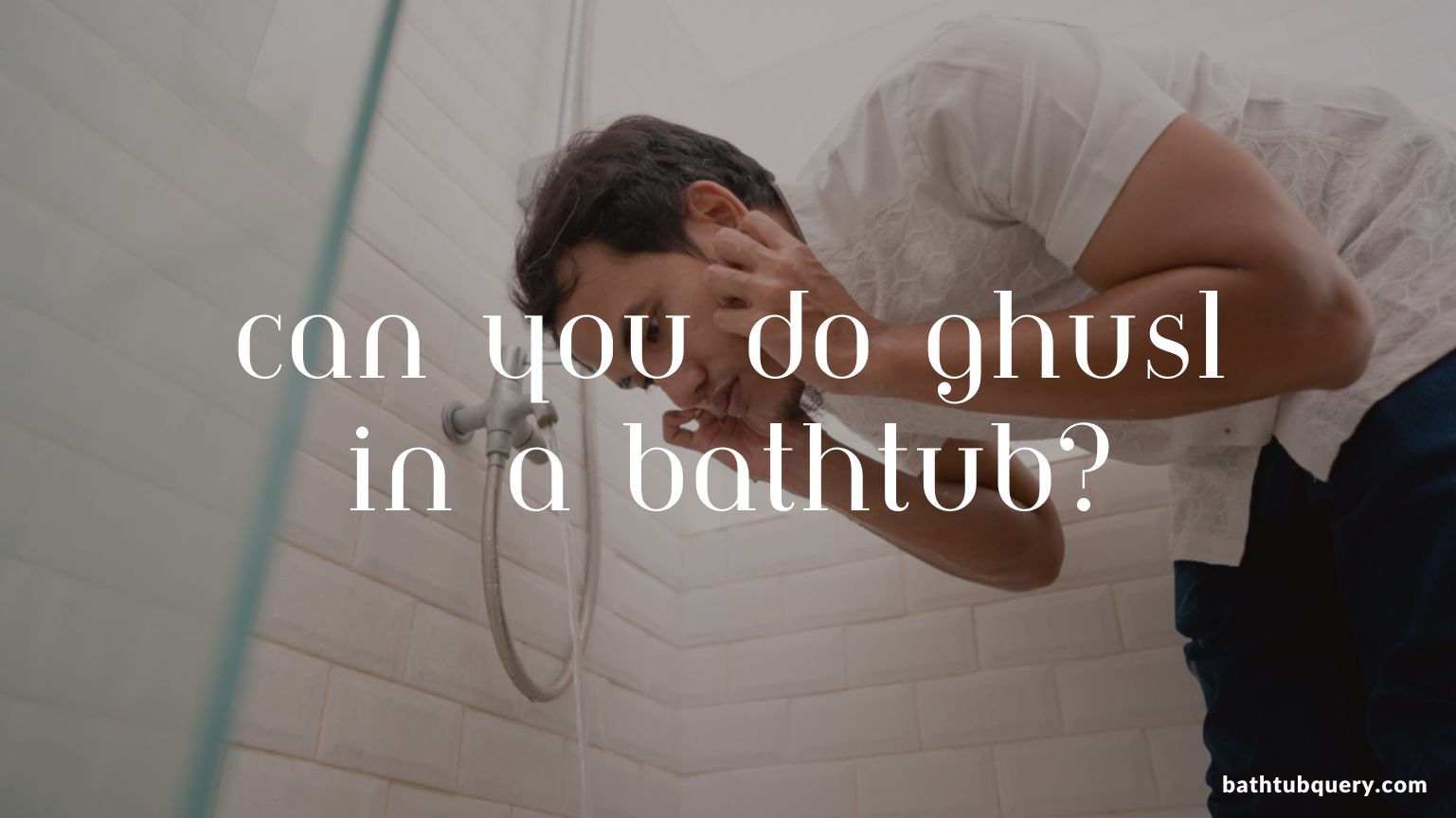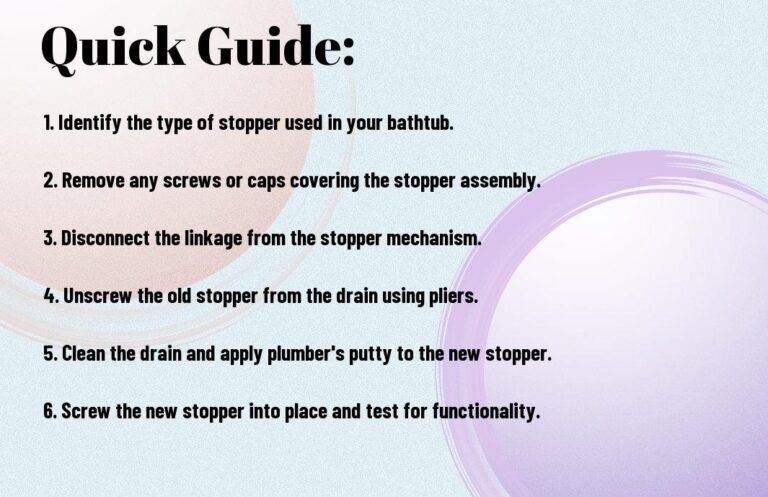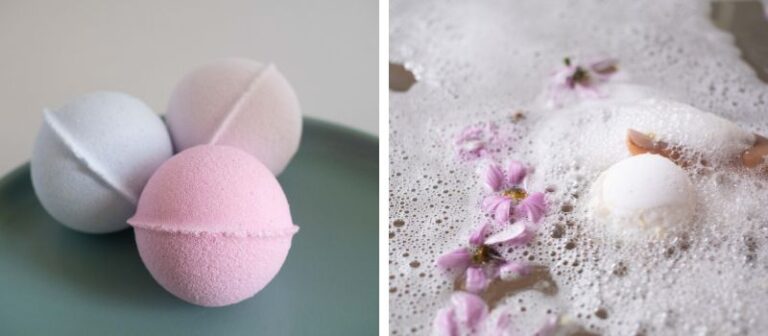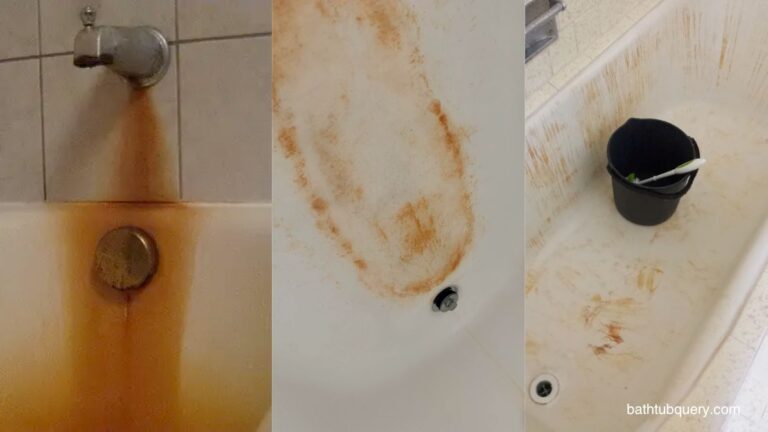Can You Do Ghusl In A Bathtub?
Ghusl, an essential part of Islamic purification rituals, has sparked many discussions, especially on the ways it can be performed. Today, we shed light on one such debate: Can you do ghusl in a bathtub? We will explore this question in depth, discussing Islamic law interpretations, cultural nuances, and practical aspects.
Can You Do Ghusl in a Bathtub?
Yes, you can do ghusl in a bathtub. Full immersion baptism should be performed in a body of water like a bathtub, pool, river, lake or sea. After making the intention (niyyat) and cleaning away semen or blood, the whole body must be completely submerged all at once, not gradually. This full submersion baptizes the person.
Let’s break down the steps for performing ghusl in a bathtub:
- Start by performing ablution (wudu) just as you would for the Salah (prayer).
- Pour water over your entire body three times, ensuring it touches every part.
- Ensure the bathtub is clean and there’s no residual impurities.
It’s crucial to note that while you can do ghusl in a bathtub, some Islamic jurists prefer running water due to concerns over impurities in still water.
Concerns Over Impurities in Still Water
Though permissible, some concerns have been raised regarding performing ghusl in a bathtub. The primary concern is about impurities, as Islamic law requires that the water used for ghusl be clean and pure.
| Potential Issue | Suggestion |
|---|---|
| Water turning impure | Avoid washing parts of the body that are impure (have any form of dirt or impurities) before the ghusl. |
| Impure bathtub | Ensure to clean the bathtub thoroughly before performing ghusl in it. |
Can You Do Ghusl After Showering?
If a Muslim has already taken a shower with the intention of just getting clean, this cannot replace a proper ghusl. Because the intention (niyyah) was not to specifically perform ghusl, it would still be required before prayers, etc.
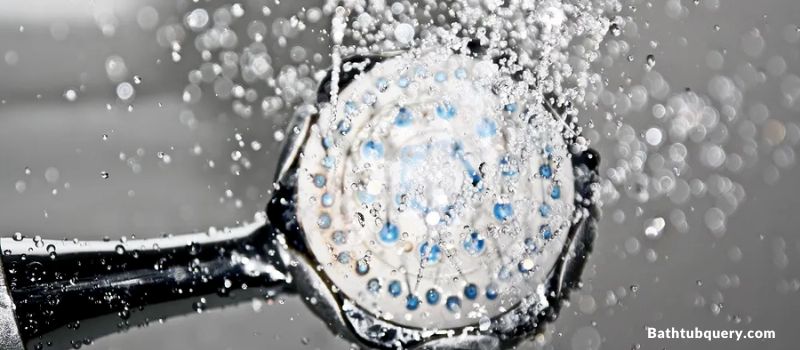
However, if one showers with the specific intention of ghusl, then this shower will fulfill the requirement. The niyyah is key – it indicates you are showering for ritual purity, not just physical cleanliness.
Many scholars say you can make the intention of ghusl during a shower, and it will count. But others say the intention has to precede the washing. To be safe, it’s best to make niyyah before beginning the shower.
Difference Between Ghusl and a Bath
While ghusl does involve bathing or showering, there are important differences between simply taking a regular bath versus performing ghusl:
- Intention (niyyah) – The intention makes something an act of worship. Muslims must intend and cleanse for spiritual purity.
- Washing entire body – In ghusl, it is essential to pour water over the entire body. Missing areas can invalidate it.
- Order of washing – Ghusl has a recommended sequence starting with washing hands, private parts, etc. A normal bath has no order.
- Using clean water – The water itself should be ritually clean and purifying for ghusl. Regular bathing has no purity requirement.
So while outwardly ghusl may look like an ordinary shower, the internal purpose and spiritual significance differ greatly. Ghusl spiritually cleanses while a regular bath only washes physically.
When Can Ghusl Be Performed?
Ghusl can be performed any time of day or night, whenever it becomes required. However, it is recommended to perform ghusl just before the next obligatory Islamic prayer, rather than delaying it for later.
Ghusl for sexual impurity should ideally be done as soon as possible. The only time ghusl is discouraged is after sunrise until the sun has fully risen, and after `Asr prayer until the sun has fully set. These are makruh (disliked) times to perform ghusl.
It is permitted and acceptable to perform ghusl even in the middle of the night if needed after sexual activity. Some other guidelines include:
- Women can perform ghusl even while on their menses.
- Those who are sick, injured, or have medical issues can still perform ghusl.
- Ghusl can be done early before an event requiring it.
- Taking ghusl upon oneself daily is considered righteous, even if not required.
As long as the full procedure is followed, ghusl can purify Muslims at any time circumstances demand it.
What to Do If You Forgot Ghusl?
It is common for Muslims to occasionally forget to make ghusl before prayers. If you forgot ghusl and already prayed, then those prayers are still valid. Your ghusl was not a precondition for the validity of prayers in this case.
However, you should perform ghusl as soon as you remember or are able to. To make up for forgetting, it is also recommended to:
- Seek Allah’s forgiveness and pardon for the oversight. Make astighfar.
- Offer voluntary prayers after your next obligatory prayers.
- Give some charity (sadaqah) as an act of expiation.
- Avoid delaying the ghusl until you remember.
The key is to make up for forgetting ghusl as soon as possible. But past prayers done without ghusl are still acceptable if you forgot and already prayed.
Does Ghusl Need to Take a Shower?
Ghusl does not have to specifically be a standing shower. The crucial aspect is washing the entire body with clean water and proper intention. Thus, ghusl can validly be performed by:
- Showering – Standing under a shower is the most convenient and thorough way to perform ghusl for most people.
- Pouring water – Having clean water poured over your entire body also accomplishes ghusl. This was very common historically before modern plumbing.
- Swimming – Swimming in a pool or body of pure water with the intention of ghusl is sufficient. The entire body gets immersed.
- Partial washing – Those unable to shower or bathe can do partial washing in a lying or seated position.
As long as clean water reaches every part of your body with ghusl intention, the method of washing is flexible according to circumstance. But full body coverage is mandatory.
Is Soap Necessary for Ghusl?
Using soap or shampoo is not required when performing ghusl, but it is highly recommended. Washing with soap better removes impurities, though plain water is adequate.
Common sunnah soaps for ghusl include:
- Black musk (kasturi) – Has a pleasant scent.
- Rose, orange blossom, lavender – Natural fragrances.
- Sandalwood (al-misk) – Prophetic tradition.
- Antibacterial soap – Prevents infections.
The way the Prophet Muhammad صلى الله عليه وسلم performed ghusl also included:
- Washing hands 3 times – Before washing private parts.
- Rinsing mouth & nose – With water 3 times.
- Cleaning between fingers & toes – Removing all impurity.
Soap helps facilitate this complete cleansing process. But ultimately, clean water alone suffices, per Islamic law.
Step-by-Step Guide to Performing Ghusl
Now that the basics are covered, here is a step-by-step guide to performing a complete ghusl according to the Quran and Sunnah:
Before Ghusl
- Purify intention (niyyah) for spiritual cleanliness.
- Remove nail polish or anything that prevents water from reaching the skin.
- Gather clean towels and a change of clothes.
- Make sure you have a private place to perform ghusl undisturbed.
During Ghusl
- Wash both hands up to the wrists three times or more if needed.
- Wash your private parts thoroughly.
- Make wudu as for prayer (washing the face, arms, head, and feet).
- Pour water over your entire body, from head to toe.
- Rub the body gently to cleanse.
- Rinse the mouth and nose by sniffing water into the nostrils.
- It is sunnah to recite prayers while bathing.
After Ghusl
- Dry off and dress in clean clothes.
- Recite dhikr and prayers praising Allah.
- Dispose of any impure water down the drain.
- Resume ritual worship if you were previously in a state of impurity.
Performing ghusl in the method shown by Prophet Muhammad صلى الله عليه وسلم brings great spiritual virtue and purifies Muslims physically and spiritually.
Conclusion
Ghusl is an important ritual obligation for Muslims to maintain spiritual purity after occurrences that cause impurity. By properly making the intention, washing the entire body, and following the sunnah, Muslims can perform a ghusl that cleanses them according to Quranic guidelines. Understanding the rules and significance of ghusl ensures this ritual act of worship is done correctly.
Frequently Asked Questions
Is there any other way to perform ghusl?
You can perform ghusl by pouring water over your entire body without rubbing. Focus on ensuring water touches all parts. Washing your hair is required unless you have an illness that prevents it.
Is there a way to do ghusl without washing your hair?
There is no way to fully perform ghusl without washing your hair, as it must be thoroughly wetted. You can tie up long hair to wash it more easily if needed.
How do you bathe in the holy bath in Islam?
For a Holy bath in Islam, you first make the intention to purify yourself. Wash your hands, private parts, and impurities. Then pour water over your entire body without gaps. Rinse your mouth and nose. Finally, wash your hair and emerge from impurity.
What are the rules for ghusl?
The main rules for ghusl are to have the intention of purification, wash your whole body, including your hair, and not leave any part dry. Use clean water and wash thoroughly. You should also wash your hands before and after. The process cleanses you for worship.
Related articles:
- Can You Do An Ice Bath In A Bathtub?
- Can I Wear A Tampon In The Bathtub?
- Can I Turn My Bathtub into a Shower?

William J. Bullock is a licensed plumber with over 15 years of experience installing and repairing bathtubs. He runs his own plumbing company in Greenville and serves residential and commercial clients. William is dedicated to providing honest, transparent advice to help homeowners make informed decisions about their bathroom renovations.
He has established expertise in selecting bathtubs, planning custom installations, diagnosing issues, and completing repairs. William aims to share practical tips and reliable recommendations based on extensive hands-on work. When he isn’t on a job site, William enjoys spending time with his family and volunteering at local community events. He takes pride in delivering quality service and enjoys helping people upgrade their homes.

